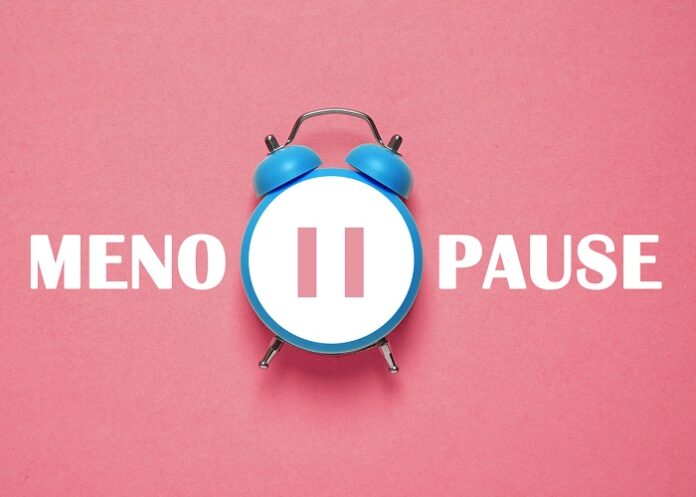New guidelines which recommend women with menopause symptoms be offered hormone replacement therapy (HRT) as a first-line treatment, not therapy, have been slated by campaigners, some of whom have called the document “outdated”.
Despite tweaks and reworking, the latest and final menopause guidelines for medics in England and Wales by the National Institute for Health and Care Excellence (Nice) state that HRT is the preferred treatment for managing symptoms like hot flushes, night sweats, depression and sleep problems, in what is seen as a climbdown from previous wording.
The Guardian reports that controversial draft guidance published last week said women experiencing these menopausal symptoms could be offered cognitive behavioural therapy (CBT) “alongside or as an alternative to” HRT.
This provoked widespread criticism that it put CBT on a par with HRT, thereby belittling symptoms and harming women’s health.
Nice said it has responded to the feedback and rewritten the guidelines, which now say CBT should only be considered for patients on HRT who still have symptoms, or those who are unable or do not wish to take HRT.
Prof essorJonathan Benger, chief medical officer and interim director of the centre for guidelines at Nice, said: “We are not suggesting that CBT is an alternative to HRT. It’s not an either/or, and we have worked through the guidelines extensively to clarify this point.
“We are very keen to emphasise that HRT is our recommended first-line therapy for vasomotor symptoms (night sweats and hot flushes) and for (other) symptoms of menopause.”
CBT is a “useful” additional treatment to help those already taking HRT with persistent symptoms, or for women who cannot or choose not to take it, he added.
The strengthened guidance also emphasises that HRT does not affect overall life expectancy and will not shorten or extend women’s lives.
Unhappy campaigners, however, said the new guidelines risked exacerbating the difficulties women had in getting treatment for menopause and perimenopause, and that they failed to distinguish between the relative merits of different types of HRT.
Alongside the new guidelines, Nice published a “discussion aid” for GPs and patients, including data on the risks and benefits of taking HRT.
The guide highlights that HRT significantly reduces the risk of osteoporosis and bone fractures, while combined HRT does not increase the risk of heart disease and dementia but does slightly increase the risk of breast cancer and blood clots.
But Nice said it could not distinguish those risks by the type of HRT taken.
Marie Anne Ledingham, consultant clinical adviser at Nice, said: “For a lot of the other medical conditions (other than that of stroke), there wasn’t sufficient evidence available on individual formulations of HRT, and that has been passed on to our surveillance team at Nice, so that, when the guideline is updated in the future, we will be able to make individual recommendations about each specific type of HRT and, in particular, different types of progesterone and how that is delivered, whether it’s as a Mirena coil, or whether it’s as the newer forms of micronised progesterone.”
Kate Muir, menopause expert and campaigner, called the guidelines “obfuscatory and outdated”.
“Why can’t they just simply tell doctors which is the safest starter package for HRT for most women? It’s not much to ask,” she said.
“The most serious omission is the failure in the discussion of risks to clearly differentiate safer body-identical transdermal HRT from the older, higher-risk synthetic HRT containing progestins.
“There is clear evidence available on the safest formulations of HRT in the 2020 British Menopause Society consensus statement on HRT, which favours transdermal oestrogen and micronised progesterone.”
As a result, she said the guidance “fails to signpost doctors to the safest choices for their patients”.
See more from MedicalBrief archives:
UK’s new menopause guidance ‘belittling and harmful’
Experts warn against HRT for menopausal depression in new guidance
HRT should be given earlier as menopause ‘reshapes the brainʼ – Nature Scientific Reports

